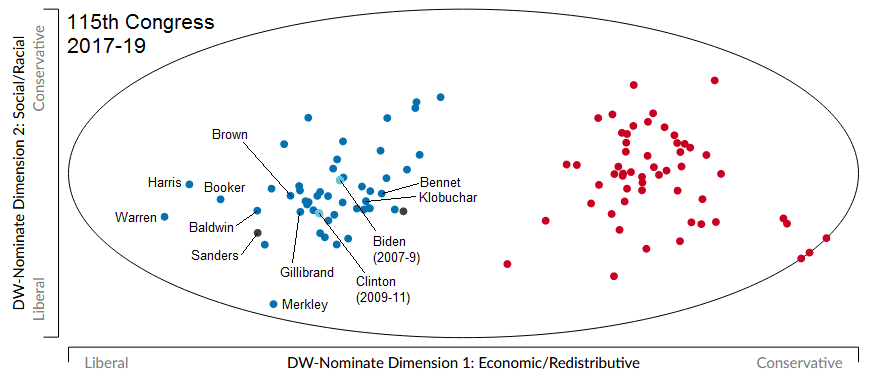Dear readers, what is your attitude towards panhandlers?
My husband and I have adopted different attitudes, with him preferring to completely ignore them, and me preferring to politely refuse them. I want to acknowledge their personhood, he is afraid of encouraging them to accost us further.
Maybe that doesn’t make a difference, as neither of us are offering money. I’ve given money to panhandlers a few times over… ten years, but this is an area where I reach moral satiation practically immediately. Giving money to panhandlers feels so bad, because I overthink it afterwards. My whole life I’ve been told that charity feels good but you know what it doesn’t so stop lying to me.

